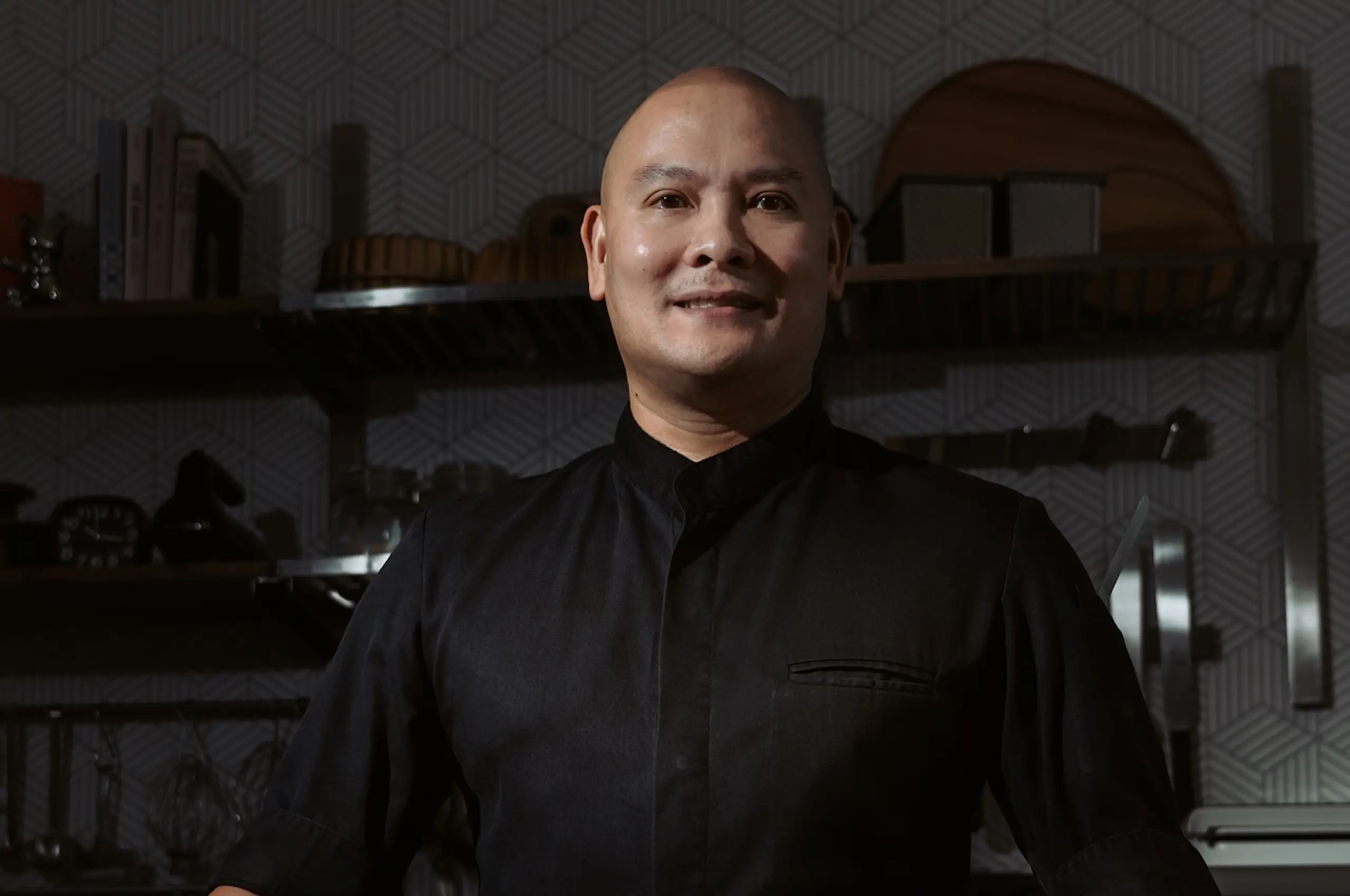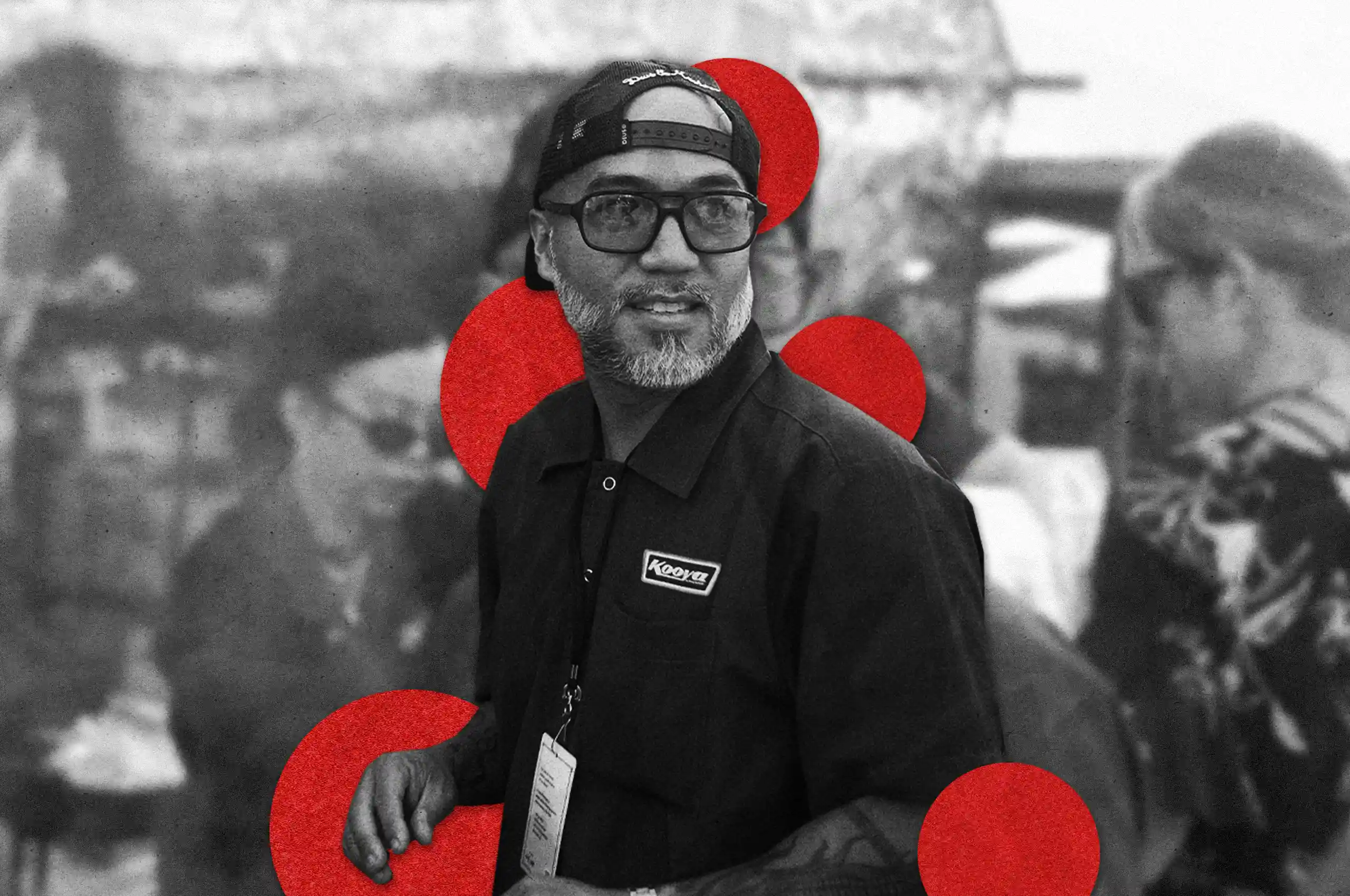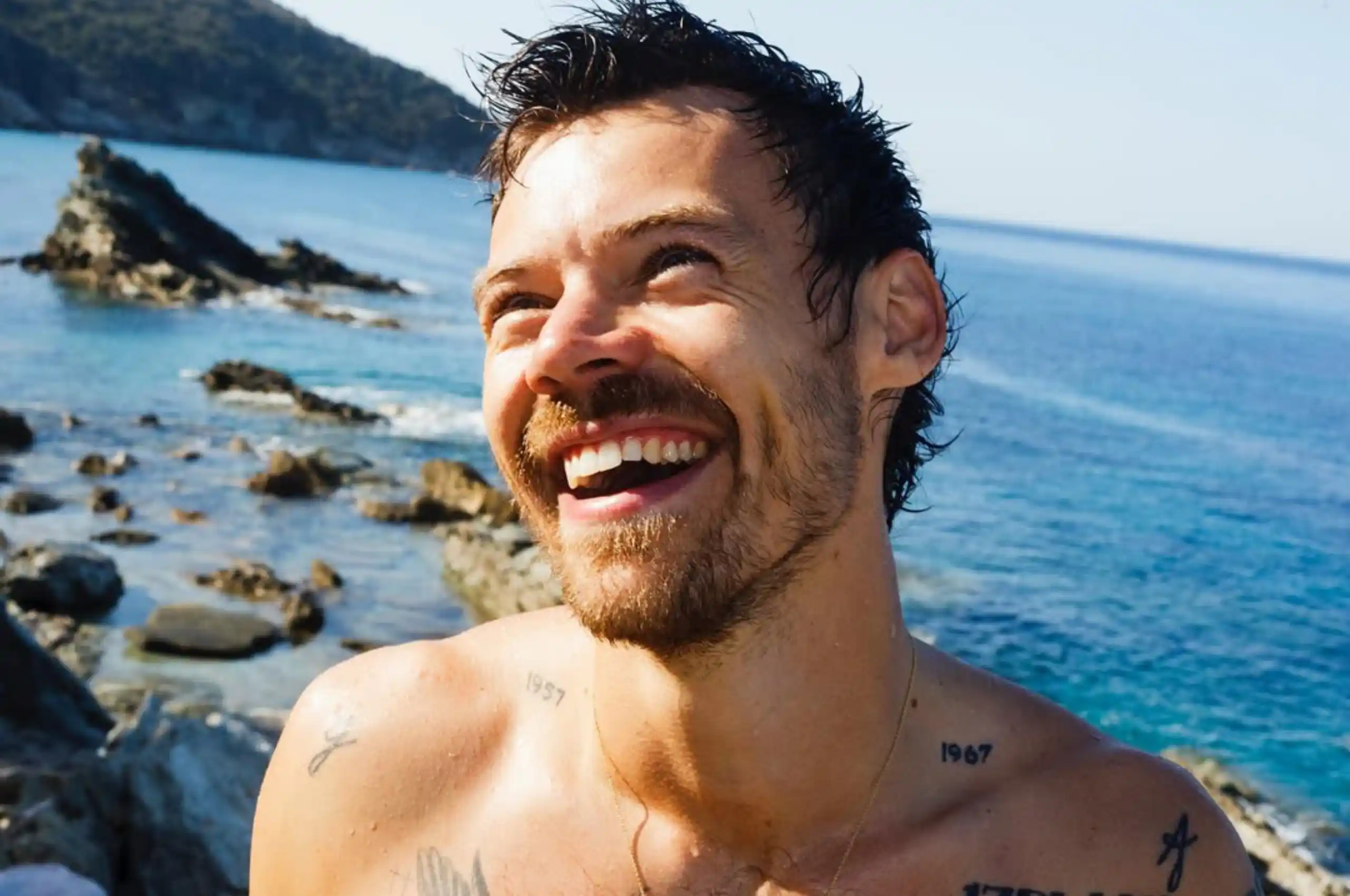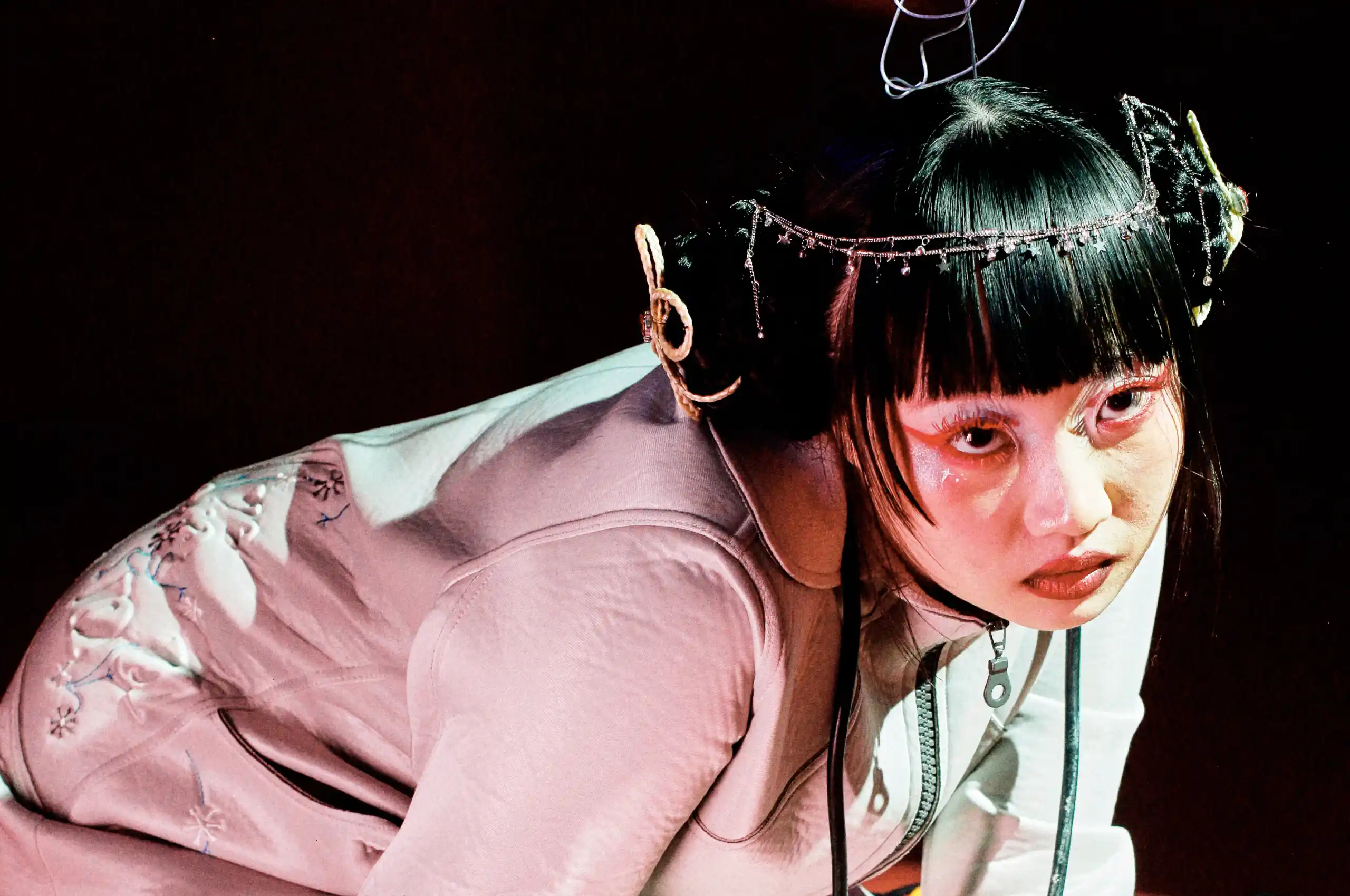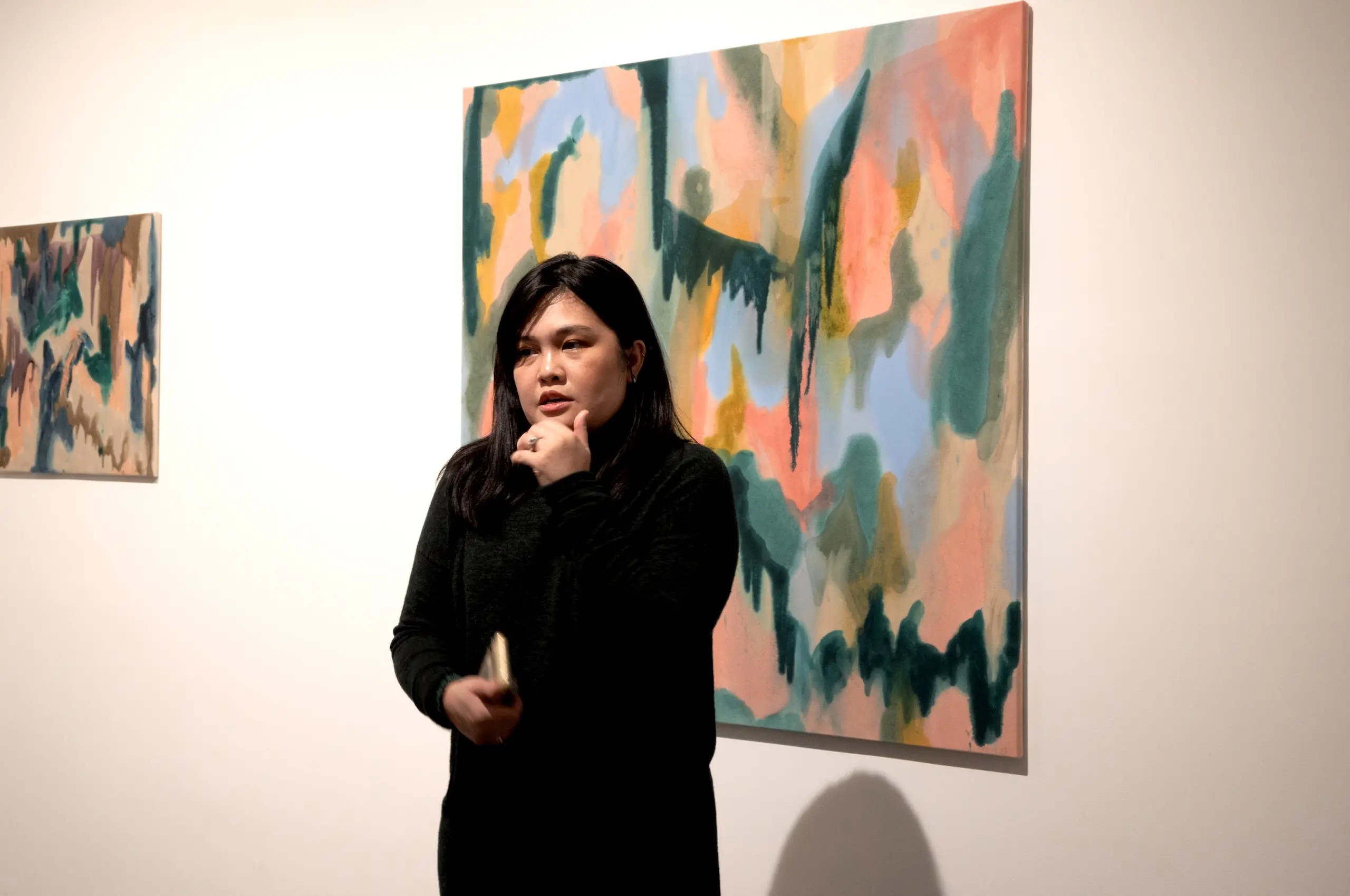Nouel Catis, the Filipino chef and entrepreneur behind the viral Dubai Chocolate bar, recently went viral for appearing on the July 7 episode of Shark Tank Dubai. Catis signed onto the show to find a strategy partner for his consulting business, initially asking show hosts (or “sharks”) Faisal Belhoul, Amira Sajwani, and Elie Khoury for AED 2 million in exchange for 20 percent equity in his company.
“Stop helping others [get] famous: you should be the famous one,” Khoury told Catis after his pitch. “It sounds like you’re not committing.” The episode ended with Catis taking Khoury’s final deal, which saw the host demanding a 51 percent controlling stake in Catis’ company and a requirement to end all collaborations with other brands.
The chef’s supporters were quick to voice their opinions about the deal. Many expressed that 51 percent felt like an “unfair” deal, and that it would mean that Catis didn’t own the majority of stakes in his own business.
However, in an exclusive interview with Rolling Stone Philippines, Catis shared that a lot has changed since the episode was first filmed. “It’s my plot twist,” said Catis jokingly. “We filmed a year ago, but they only released the episode this month. I did not agree to the 51 percent in the end.”
Catis explained that one of the rules on Shark Tank Dubai is that after filming their episode, contestants must wait six months before they can reconnect with the sharks. During that time, he completely overhauled his business model and focused on developing his brand as a chef. “We started to get opportunities from companies who wanted to collaborate with us,” said Catis. “I also became more visible, and that was really life-changing for me.”
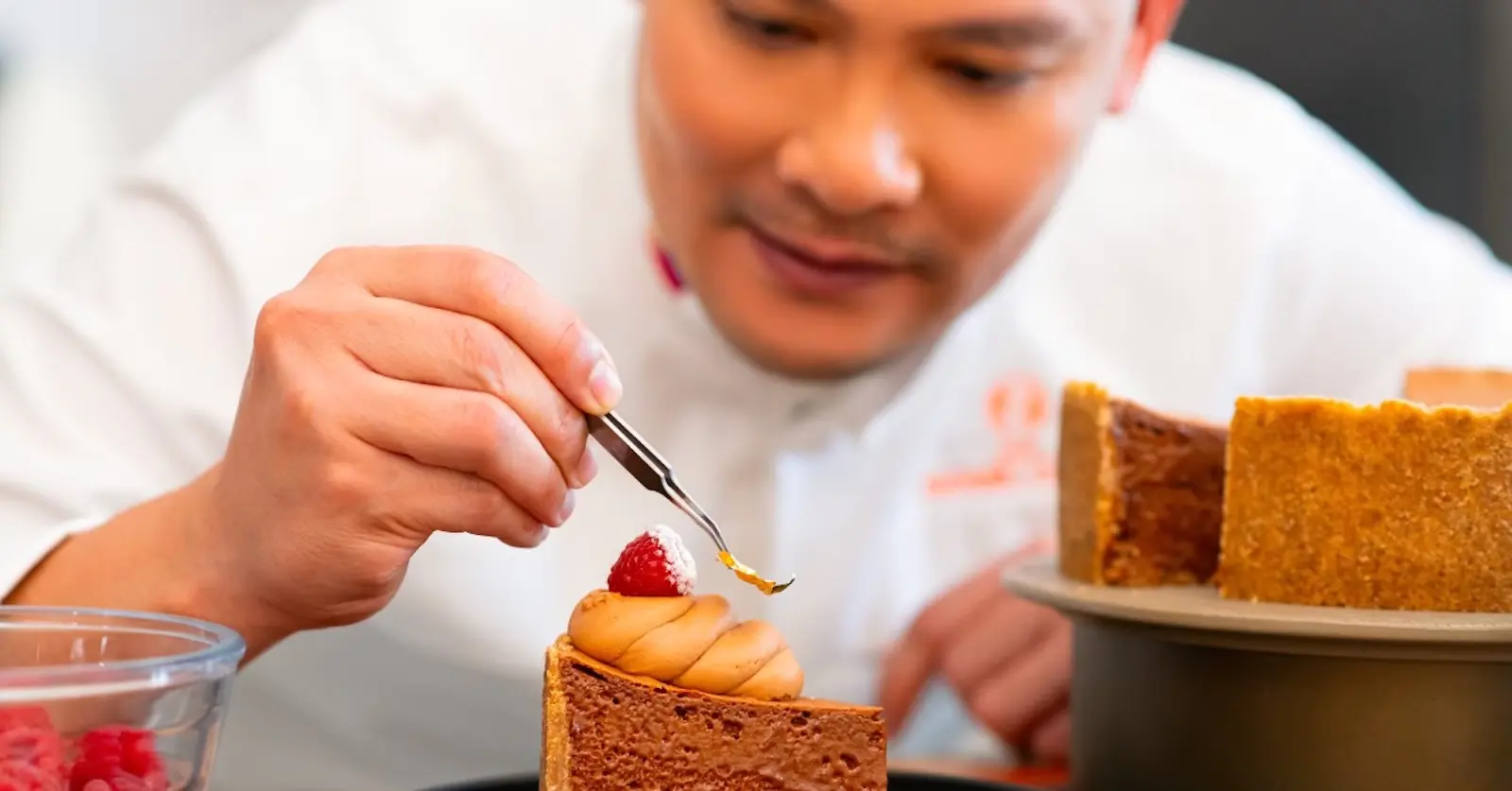
Catis also said that within those six months, he had launched Sna’ap Chocolates, his own artisan brand that sells his signature pistachio-knafeh chocolate. “My value in the market had changed,” said Catis. “[When I met with the sharks again], I insisted on the initial 20 percent. They said no, they can’t change the deal because we’d agreed on it six months back. But I told them that I’m already big as a brand. If I still accept it, I’m not giving myself what I should be worth. And if I feel like a minority in my own company, I will not be as invested, because I know anytime they might kick me out.”
Catis said that the only reason he agreed to the deal on the show was that he felt he needed a mentor to help him with the business aspects of his company.
“What I realized was that even if you’re the best chef, that doesn’t guarantee that you will [become] the best businessman,” said Catis. “So that key to being a good businessman, that’s what I lacked.”
Catis has dedicated the last year to bootstrapping his brand, and the business has grown so significantly that he is considering reopening it for investments.
“For me, the victory was being able to finally say no,” said Catis. “My brand is now designed to be global. We need a new torchbearer for the culinary scene, and I want to be that new breed of celebrity chef. I want to be a new trailblazing chef, especially a Filipino one, who anchors himself on the global stage.”


